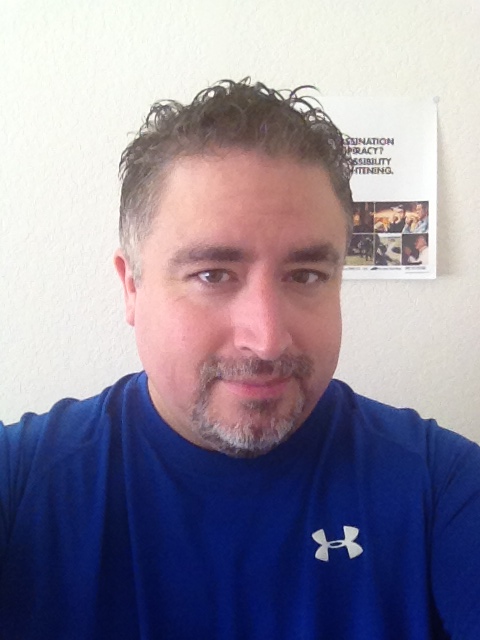Whether one is investigating the JFK assassination or 9/11 or any other such incident, this is essentially an epistemological journey; that is, the pursuit of these questions leads to broader questions about how we acquire knowledge and ultimately to the nature of reality itself. Unfortunately, after first correctly invoking the framework, Sunstein-Vermeule go on to reveal that they do not understand the implications of their own work. The first and most important element in any epistemological discussion is precisely what is true and what is false. The authors should have first given a proposal about how one comes to such conclusions. Failing to do this, they instead go on to a muddled description of justification and truth. Once again, they don't seem to understand how this process works. As an example, they state the following: "Justification and truth are different issues; a true belief may be unjustified, and a justified belief may be untrue. I may believe, correctly, that there are fires within the earth's core, but if I believe that because the god Vulcan revealed it to me in a dream, my belief is unwarranted." The authors here seem to think that mystical revelation is an improper means for discovering truth; in this respect, millions around the world would disagree with them, including George W. Bush, who talked openly about his daily discussions with the Lord. I am not arguing for or against mystical revelation, but only pointing out that since the authors have not given us a program for distinguishing what they think is true or false, all that is left for them is pronouncement. In this respect, the authors are Cartesians, declaring truth to be equivalent with all that they perceive clearly and distinctly. This is all well and good but ineffective for convincing others.
AD HOMINEM REMARKS
As is frequently the case in such discussions, the authors also smear political researchers by comparing them with Holocaust deniers. They also equate JFK research with UFO research and the like. This is the rhetorical equivalent of saying that all science is invalid because of Piltdown Man. Scientific research is a continuing process that involves the examination of evidence in specific cases, not generalizing from a list of tenuous assumptions.
In extending this argument they also describe Karl Popper's work on conspiracies, which is essentially a psychological discussion. People like to attribute purpose to the world, goes this line, and therefore people make mistakes by attributing every effect to an intentional cause. Sometimes things just happen, such as the Great Depression, and people feel that someone must be responsible. However, note again how weak these statements are precisely because they do not deal in factual reference. I could just as easily define into existence a mental disorder that involves the pathological denial of obvious conspiracies, regardless of evidence. (Indeed, one might propose John McAdams as a key example.) In a world that recognizes such dubious notions as "generalized anxiety disorder" simply due to the imprimatur of a doctor's assessment, this hardly seems an outrageous notion. But this is all bloviating without details, and so leads us to our next point.
EVIDENCE
Absent in all of this psychological discussion is one very important point: what is the evidence? Sunstein-Vermeule do not at any point actually address the evidence, or lack thereof, for one "conspiracy theory" or another. Instead, they suggest that these theorists mistakenly attribute immense power to institutions, and distrust what they call "knowledge-producing institutions," once again begging the question, since whether these institutions produce knowledge is precisely what is in question here. In systematically avoiding any discussion of the evidence for any specific case, the authors can produce what might be superficially plausible statements (not arguments, because in each case the authors simply assert what is "true" or "false"). They then advise us that while people might be justified in their paranoia if they lived in a closed state, this is irrational and indicative of pathology in an open state such as our own. Needless to say, whether our society is all that open or not is in question. The authors also fail to realize that in an open society, propaganda is more important, because the state lacks the ability (at least theoretically) to simply imprison or kill its internal dissenters. Noam Chomsky has made this critical point many times over the years in noting that the American population is actually exposed to more propaganda than several other countries around the world:[i]
So the British had the Ministry of Information. The U.S. had the Committee on Public Information, which was known as the Creel Commission - the propaganda was very effective. It should be expected that it's in the democracies that these ideas should develop. Because in a democracy you have to control people's minds. You can't control them by force. [ii]
Michael Parenti observes that
corporate advertisers also exercise degrees of control that find their way onto
television programming. He describes how, in 1973 and 1974, the automobile
industry induced the New York Times' publisher Arthur
Ochs Schulzberger, into publishing articles promoting the repeal of seatbelt and airbag laws, because of the advertising revenue generated by the industry. [iii]
Indeed, advertisers would not spend billions of dollars a year if they did not
think television to be an effective means of pushing people in one direction or
another.
(Note: You can view every article as one long page if you sign up as an Advocate Member, or higher).





